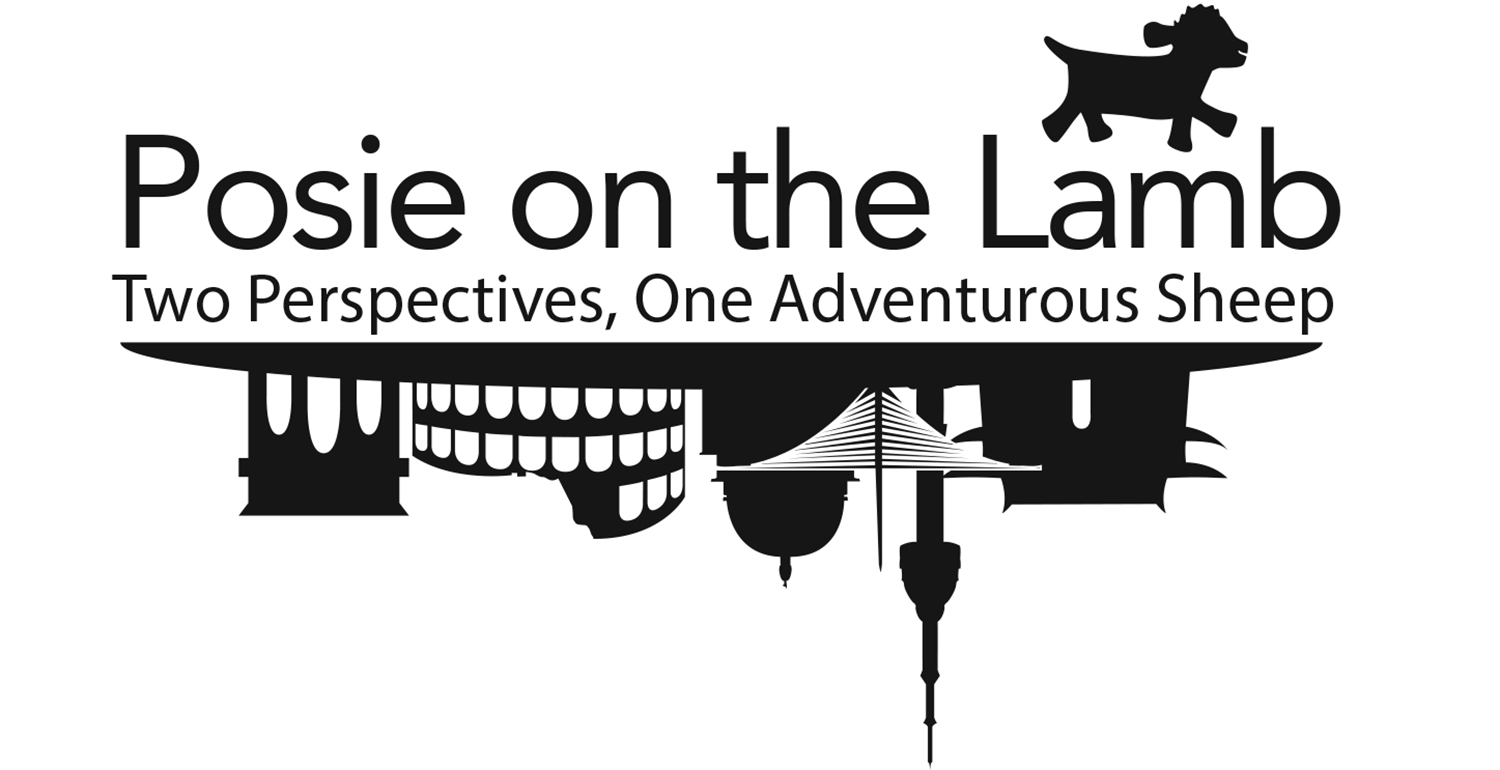Learning the Lingo

Erin doesn’t let me buy bus tickets. There’s a good reason for this—I can’t be trusted with Korean city names. It’s not really my fault, though. We live in Chungju. Most Americans (like me) instinctively pronounce the first “u” in Chungju like the “u” in “run.” The second “u” comes out long, as in “dune.” If you did this in a Korean bus depot, the lady at the ticket counter would smile and nod and promptly give you a ticket for Cheongju, a city that is about a hundred miles off course.
Unless you have a slur, in which case you’ll end up in Jeongju, which is pretty much the other side of the country.
Tons of Korean signs have both English and Korean characters, which is a boon for international travellers like us. Unfortunately, since English is such an imprecise language when it comes to vowels (and the Korean language is by design not imprecise), most westerners end up pronouncing everything wrong.
Take the previously mentioned “u.” In Korea, “u” is always pronounced “oo”, as in “dune.” Thus Chungju, our city, is properly pronounced “Choongjoo.”
If you want a hard “u” sound, like in “fun,” the Koreans spell it “eo.” Hence Cheongju ends up sounding like “Chungjoo.”
And this is why I’m not allowed to buy bus tickets. But it’s not just the “u” that gets this treatment.
A long “a” as in “day” is spelled either “e” or “ae.” Thus the city Daechon sounds like “Day-chon.”
“O” is easy; it’s always a long sound, like in “road.”
“I” always sounds like a long “ee” as in “deed.” So Kimchi is properly “Keemchee.”
And just when you think you’ve got a handle on the vowels, you head up to the counter to buy your tickets. You decide to ditch all these crazy cities that sound exactly alike and head to somewhere on the coast. Maybe Busan. You check the schedule but can’t find any routes, even though it’s the third largest city in the country. Curiously, there are a lot of buses heading to a place called Pusan.
You walk away in confusion and head to the restaurant. Maybe a snack will help clear your addled brain. You go to buy some Kimbap, but can’t find any. There’s an advertisement for Gimbap, though, which looks almost the same.
It’s at about this time that you decide that Korean sign makers are messing with you.
For all its vowel precision, the Korean language seems to have a loose, breezy attitude when it comes to consonants. “G” and “K” sound interchangeable. So Kimchi and Kimbap are often spelled “Gimchi” or “Gimbap.” “L” and “R” get the same treatment, as do “B,” “P” and “V.” This is why Busan was originally spelled Pusan when it was first Anglicized. “D” and “T” often swap, and Koreans don’t really have any equivalent of “F.” They usually substitute “P”, so “France” becomes “Prance.”
Lost yet?
In truth, even with consonants, the Korean language is very precise. It just uses different consonants than the English so there’s no real way to represent them in Romanized script. And vice versa.
In any event, if you’re travelling to Korea and are worried about getting around, you can always resort to my old standby. Let someone else do the talking.
Thank you, Erin, by the way.
-Sam
